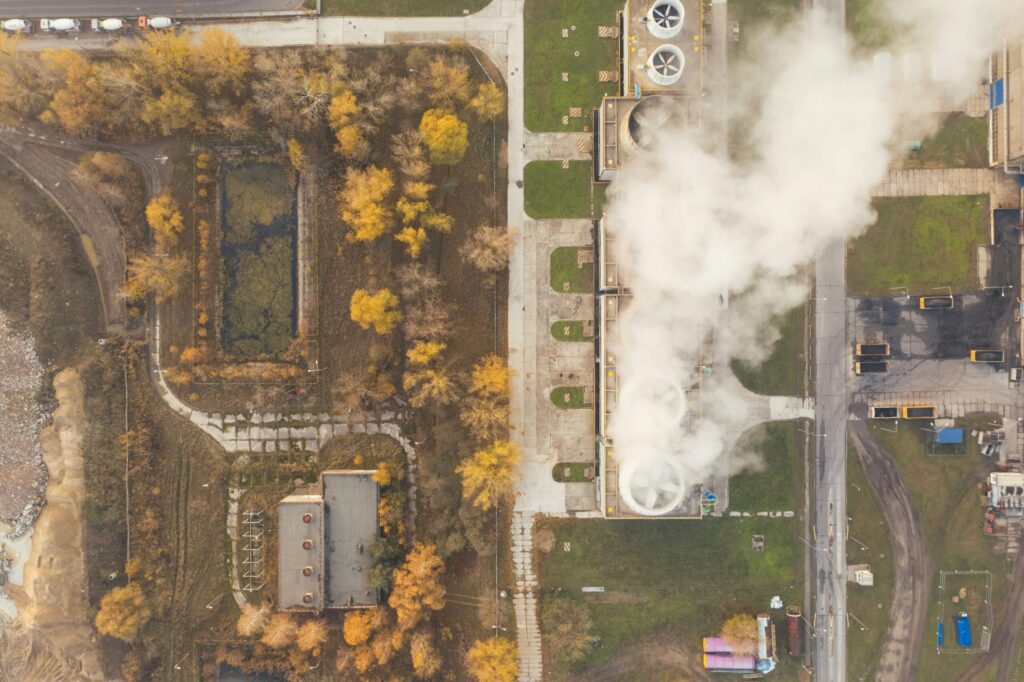
NATURAL GAS: THE ENERGY FUTURE IN THE CZECH REPUBLIC
Natural gas is set to become the main source of energy for industry in the Czech Republic over the next two decades. According to statements made at a press conference by the Czech Gas Association, the District Heating Association of the Czech Republic and the consulting company EGU, gas consumption is expected to increase by up to 25% compared to current levels, with a predominant use in the heating sector.
The importance of natural gas for the Czech energy sector
The Czech government sees natural gas as a bridging solution for the energy transition. This fuel is intended to replace coal until new nuclear and renewable sources are built, ensuring a smooth and sustainable transition. Josef Kotrba, CEO of the Czech Gas Association, assured on the availability of global gas reserves and transport capacity to the Czech Republic, also to meet an increase in demand. In addition, the share of liquefied natural gas (LNG) in the energy mix is set to grow significantly.
The expansion of district heating and the environmental benefits
Currently, the Czech district heating system, which serves some four million citizens, is one of the main areas of natural gas use. Gas will play a crucial role in the decarbonisation of the sector, replacing coal in heat and electricity production, according to the consultancy firm EGU.
District heating is a centralised system for the production and distribution of heat used to heat buildings and provide hot water. It works through an underground piping network that transports hot water or steam from a central plant (which can use different energy sources, such as gas, biomass, waste or geothermal energy) to the buildings served.
Over the past four years, ten small heating plants have been modernised at a cost of DKR 6 billion, reducing coal consumption by more than half a million tonnes. In the coming years, further modernisation projects will be supported by a DKR 90 billion state investment to transform the heating sector.
The strategic role of gas in decarbonisation
According to Jiří Vecka, director of the District Heating Association, natural gas will account for 53% of the energy mix for decarbonisation, followed by biomass (29%) and waste energy recovery (17%). This approach aims to ensure a cleaner and more efficient energy mix.
The heating industry is already investing in gas-based infrastructure that can provide both heat and electricity, especially during times when solar and wind energy are not sufficient. Electricity production from gas is expected to increase by 3.5 times by 2035.
The transition from coal to gas
Major Czech energy companies, such as ČEZ, are already planning to convert coal-fired power plants into gas-fired ones. The reconstruction of the Mělník power plant, a significant step towards energy transition, is one of the projects in preparation.
The future of the Czech energy mix: nuclear and renewables
In the long term, the Czech government anticipates that the national energy mix will be dominated by nuclear sources, supplemented by renewable energies, mainly solar and wind. However, until these new infrastructures are completed, natural gas will be the most widely used transition fuel, ensuring a gradual exit from coal.
In conclusion, the Czech Republic is in the midst of a crucial energy transformation, where natural gas will play an important role as a transitional fuel. With investments in modern infrastructure, government support and a sustainability-oriented strategy, the country aims to reduce coal use and prepare for a future based on nuclear and renewable sources. District heating and the integration of gas into the energy mix are strategic steps to ensure a system that is more efficient, cleaner and ready to meet the needs of an ever-changing society. This change is not only an environmental necessity, but also an opportunity to build a more sustainable and energy-secure future.
Sources: https://www.ceskenoviny.cz/




